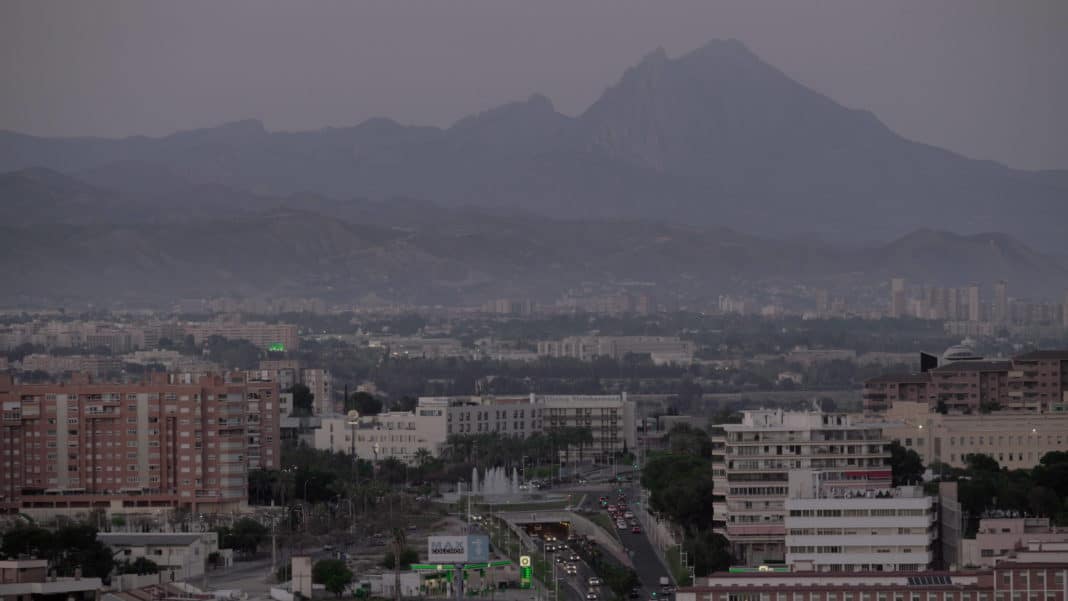Whilst enjoying the warmest January in history air pollution rates in the province of Alicante have deteriorated enormously.
The lack of hardly been any rain or air flow has accelerated the accumulation of polluting particles in the atmosphere, where the air has remained stagnant on the surface. Although the ozone concentration values that the province is recording are not within the risk parameters, they do move to a level which is above 50 ppb (particles per billion), where there may be some slight risk.
If it worsens and reaches higher levels, measures should be put in place to limit time spent outdoors and therefore limit exposure to pollution, especially for those people at risk with respiratory problems.
This is another effect of climate change and global warming that goes beyond the heat in winter.
According to the EPA (American Environmental Protection Agency) methodology, the municipality with the worst air quality indexes this Monday was Elda, with a value of 49; followed by Alicante with 41; Torrevieja, 39; Orihuela, 38; Benidorm,36; Pinoso 30 and Alcoy, 27. This index is calculated by averaging all polluting agents.
Earlier in the month, the Department of the Environment’s meters detected several high peaks with, at the weekend, values reaching up to 85 although on Monday they had dropped to 67.5, according to data from the Ministry of Ecological Transition.
Meteorologist Lluis Francés said that “there are a lot of tiny particles concentrated in the environment that in the long run could cause damage and affect human beings. However, he added that this polluting mass “should clear up in the coming days. ” There is a maritime condition that generates easterly winds and that will dissipate it.





